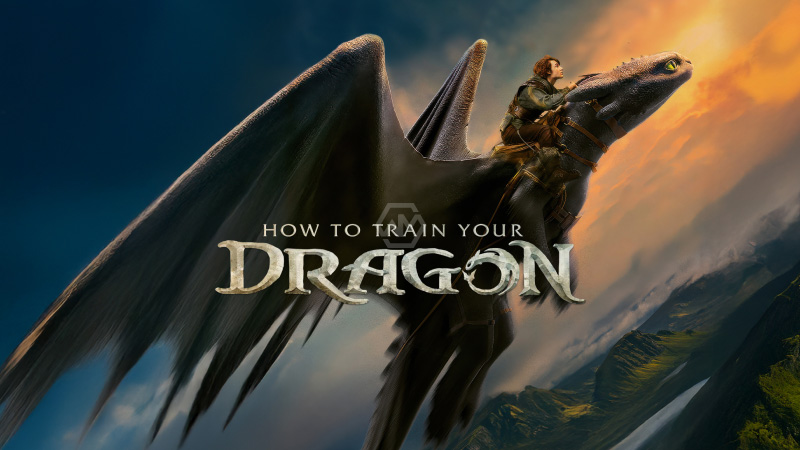- The live-action How to Train Your Dragon debuted with $83.7M domestically and $197.8M globally.
- It earned an IMDb score of 8.1, tying the original and topping both sequels.
- The film has captivated Gen Z audiences and received a 98% Rotten Tomatoes audience rating.
The 2025 live-action reboot of How to Train Your Dragon has made an explosive debut, raking in $83.7 million in North America and an additional $114.1 million internationally.
Critics and longtime fans have applauded director Dean DeBlois for retaining the emotional heart of the original while elevating it with real-world visuals.
Live-Action Dragon Reboot Matches Original in Ratings, Soars Beyond in Impact
How to Train Your Dragon (2025) marks a new high for live-action remakes, earning praise not only for its visuals but for its faithfulness to the emotional beats of the original animated trilogy. Director Dean DeBlois returned to helm the project, lending authenticity and continuity that fans clearly appreciated. Mason Thames, who plays Hiccup, has been widely praised for his grounded performance opposite the CGI-rendered Toothless.
This film also signals a strategic win for Universal, successfully following Disney’s formula of reimagining beloved animated classics for a new generation. With nearly half of the opening audience between 13–24 years old, it’s evident that Gen Z is embracing the nostalgia-driven trend—turning childhood favorites into adult box office powerhouses.
While many remakes falter critically, How to Train Your Dragon (2025) stands apart with an IMDb rating of 8.1, equaling the original film and surpassing the sequels. The high score indicates a rare balance: it resonates with new viewers while satisfying long-time fans. Its global performance suggests longevity well beyond the opening weekend.
The film’s success is also redefining what’s possible for DreamWorks IPs in live-action. Unlike previous efforts that fell short or stayed in animation, this adaptation proves that with the right creative leadership and emotional fidelity, even a fantasy story with dragons can translate powerfully to a real-world setting.
How to Train Your Dragon (2025) proves that remakes, when handled with care and creativity, can soar just as high as the originals—if not higher—by connecting timeless stories with new audiences in meaningful ways.
“Nostalgia, when done right, isn’t just a memory—it’s a bridge between generations.”
— Paul Dergarabedian, Comscore



